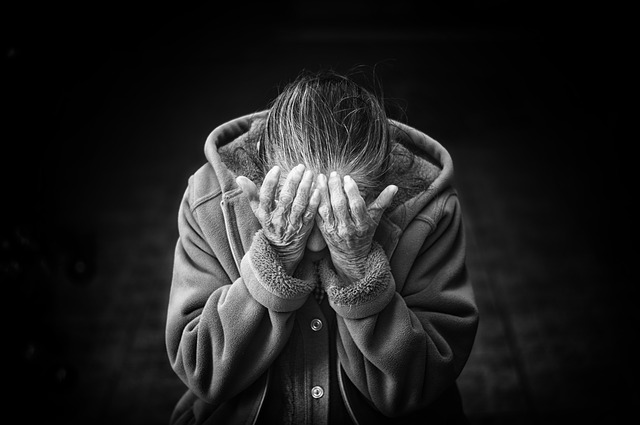In the previous article, we showed to you what the five stages of grief are and how they came to be, plus a short definition on what each stage is. To give you a brief recap, the five stages, otherwise known as the Kübler-Ross Model, experienced by a person going through a traumatic episode are denial, anger, bargaining, depression, and acceptance in chronological order. This grief is something that’s experienced by a person who either has just received news that he or she is terminally ill and destined for the cemetery or by somebody who just lost a loved one. This model was constructed through a series of seminars and interviews by Elisabeth Kübler-Ross a Swiss-American Psychiatrist. Her findings were then featured in her book On Death and Dying in 1969.
However, as with any research, this model has been scrutinized and criticized by other members in the field of social sciences. It has been more than 40 years since this model has been put forward and there are many experts in the field of psychology who have something to say that would contradict this model. This article focuses briefly on what the opposing side has to say and why experts say the DABDA model does not hold up to scrutiny. This article does not intend to favor one side or the other, it merely wants to present both sides of the argument as balanced as possible. Another thing that this article would focus on is how to move on after a traumatic event in life and possibly a few ways to stay mentally healthy.
Criticisms on DABDA
All the criticisms against DABDA boil to it not having enough empirical research and empirical evidence to support the stages of this model. There has not been substantial research to support the model ever since it was published in 1969. This is crucial because before a theory would have any value in the scientific community, it needs to be peer-reviewed, among other things. There are other models as well that are known to support empirical evidence is the one developed by Jobcentre Plus, a part of the Department for Work and Pensions which delivers working-age support service in the United Kingdom, which proposes two outcomes in the journey through grief. One is when Acceptance happens and another is when a person stays stuck in the Depression stage and goes into a downward spiral from there. Another argument against this is that this model may only apply to a group of people in a particular time and culture and this may not be true in other cultures who may have a different view of death, culturally and/or religiously.
Professor Robert J. Kastenbaum (1932–2013), a renowned expert in gerontology, aging, and death, raised points that openly go against the five-stage model. His points are:
-The existence of these stages as such has not been demonstrated.
-No evidence has been presented that people actually do move from Stage 1 through Stage 5.
-The limitations of the method have not been acknowledged.
-The line is blurred between description and prescription.
-The resources, pressures, and characteristics of the immediate environment, which can make a -tremendous difference, are not taken into account.
Coping With Grief
Dealing with the pain of losing someone you hold dear can be one of life’s biggest challenges. The process of living with the hurt can take months or even years and the pain can be overwhelming. Going through this can subject you to a lot of stress which is not good for your physical well being; it makes you vulnerable to sickness and it may cause you to lose sleep, eat and thus, think straight too. Stress takes a toll from your immune system and that’s never good. We all deal with immense sadness in our own ways. Yet, the pain can be too much it almost feels like there’s no end to it. But however difficult it may seem it would always help to remember that the pain will eventually come to pass. It does not mean that you will forget that the burial ceremony ever happened or you won’t be meeting your Maker soon but rather you will simply accept the reality of the situation.
We can deal with grief in our own manner but the National Health Service (NHS) of the United Kingdom has a list on how to deal with grief just in case you need it.
-Express yourself. Talking is often a good way to soothe painful emotions. Talking to a friend, family member, health professional or counselor can begin the healing process.
-Allow yourself to feel sad. It’s a healthy part of the grieving process.
-Keep your routine up. Keeping up simple things like walking the dog can help.
-Sleep. Emotional strain can make you very tired. If you’re having trouble sleeping, see your GP.
-Eat healthily. A healthy, well-balanced diet will help you cope.
-Avoid things that “numb” the pain, such as alcohol. It will make you feel worse once the numbness wears off.
-*Go to counseling if it feels right for you – but perhaps not straight away. Counseling may be more useful after a couple of weeks or months. Only you will know when you’re ready.


